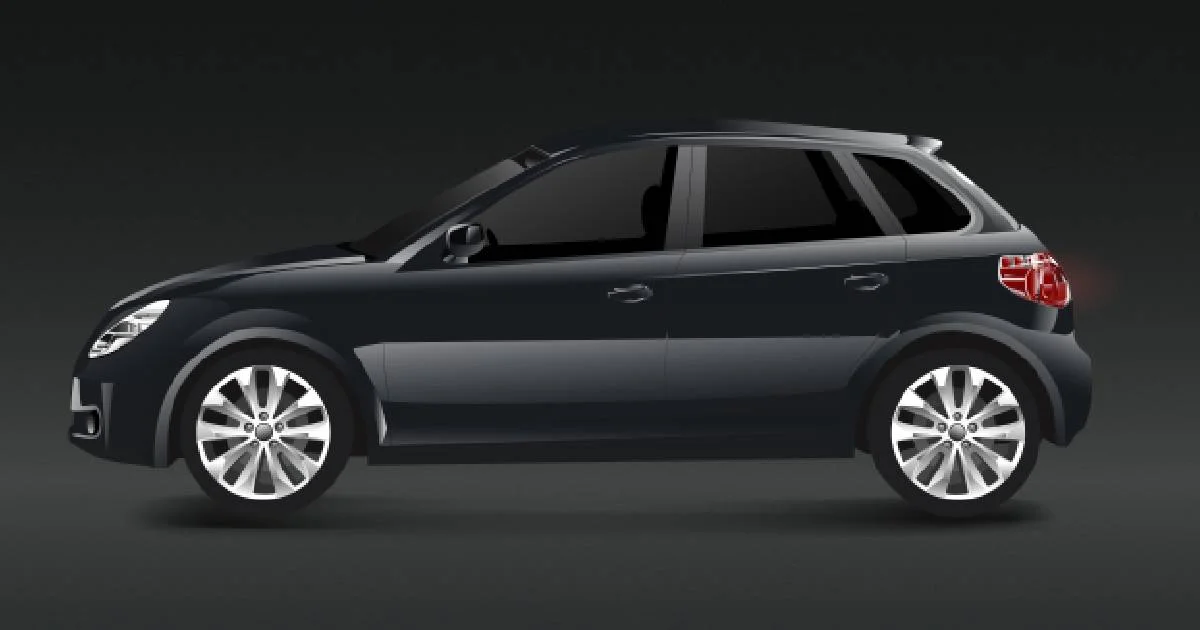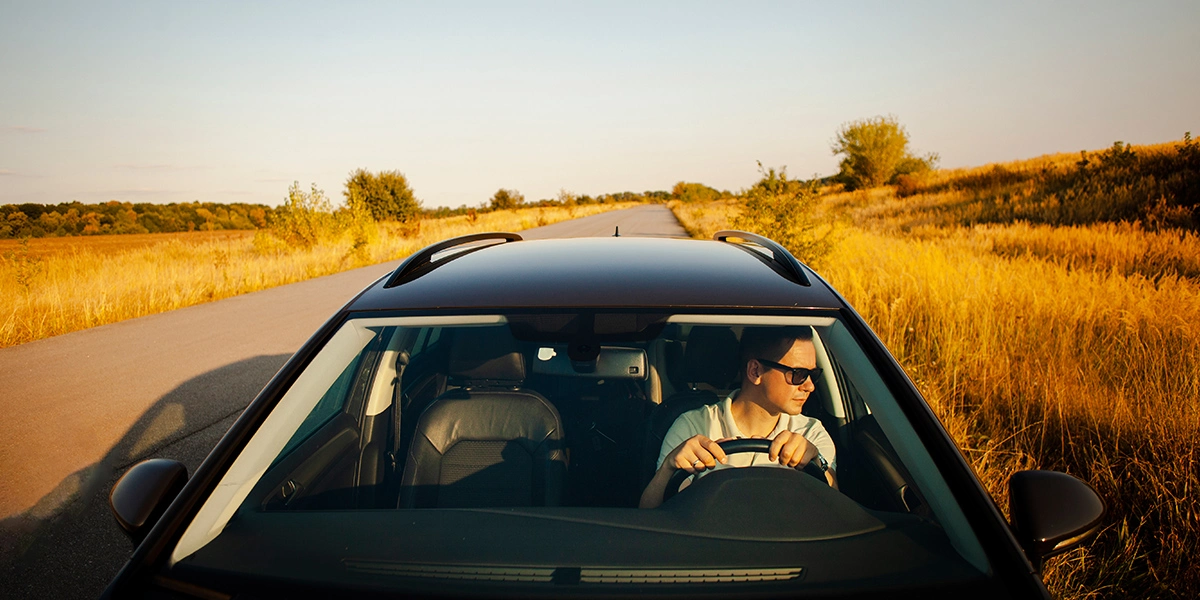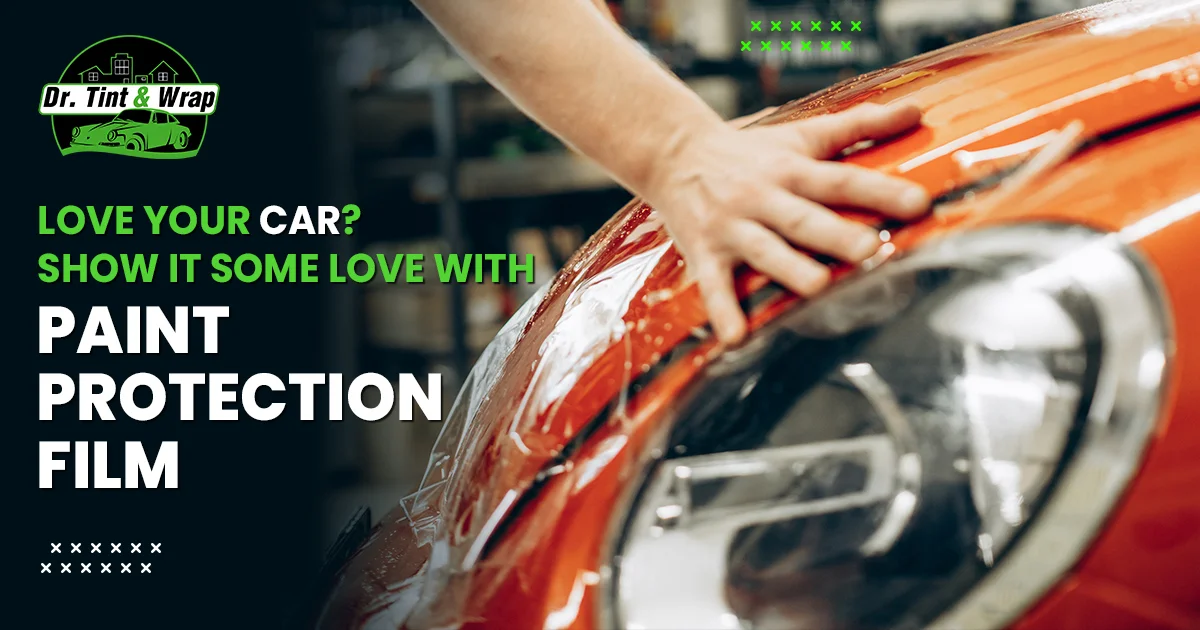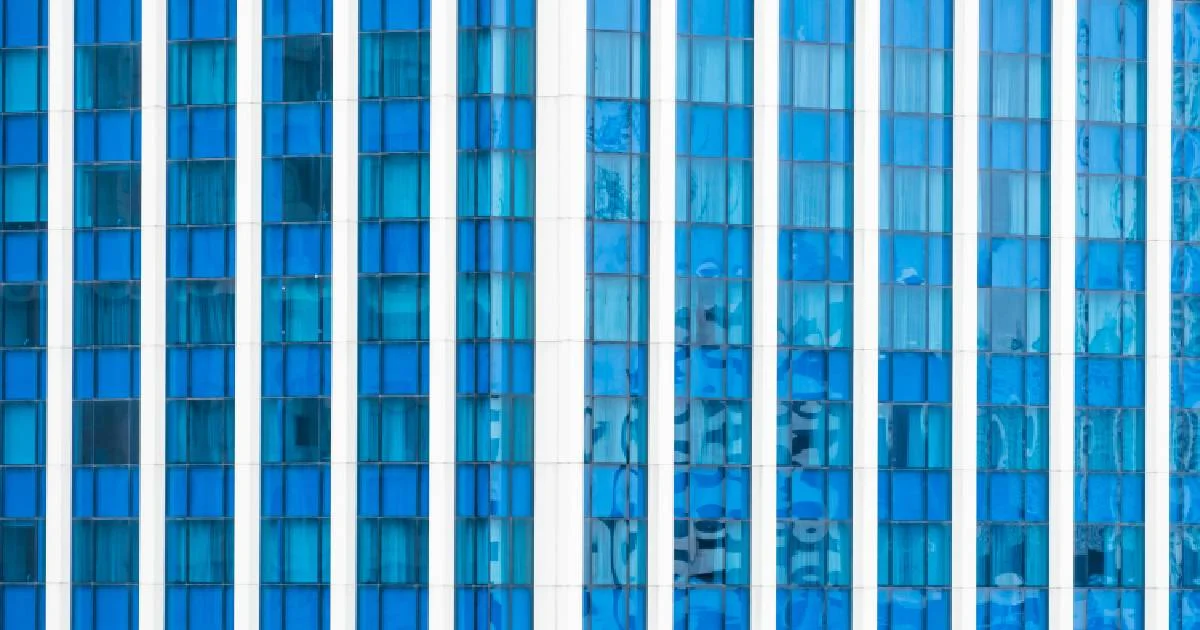
How Much Does It Cost to Tint a Car in Auckland?
28 Mar 2024, By AdminIf you're considering enhancing the privacy, comfort, and style of your vehicle, car window tinting is a popular and effective solution. But how much does it cost to tint a car in Auckland? In this blog, we'll explore the factors that influence the price ofcar window tinting, the benefits of getting your windows tinted, and what you can expect to pay in Auckland.
Factors Influencing Car Window Tinting Costs
The cost of car window tinting can vary based on several factors:
- Type of Tint Film: The quality and type of tint film you choose significantly impact the price. Standard dyed films are cheaper, while high-performance films, such as ceramic or metalized options, are more expensive due to their superior heat rejection and durability.
- Number of Windows: Tinting a full car (including all windows) will cost more than just tinting a few windows. The size and number of windows play a crucial role in determining the total cost.
- Vehicle Type: The make and model of your vehicle can affect the price. Larger vehicles like SUVs and vans generally cost more to tint than smaller sedans or hatchbacks due to the larger window surface area.
- Labor Costs: The expertise and reputation of the service provider can influence labor costs. Established shops with experienced technicians may charge more for their higher quality of service.
- Additional Features: Some tint films come with extra features, such as UV protection, glare reduction, and enhanced shatter resistance, which can add to the overall cost.
Average Costs of Car Window Tinting in Auckland
In Auckland, the price of car window tinting typically ranges from $150 to $800. Here’s a breakdown based on different factors:
- Basic Tinting: For a standard car with basic dyed film, you can expect to pay between $150 to $300.
- Mid-Range Tinting: For better quality films, such as hybrid or metalized tints, the cost ranges from $300 to $500.
- Premium Tinting: High-performance ceramic or infrared rejection films can cost anywhere from $500 to $800 or more.
Benefits of Car Window Tinting
Investing in car window tinting offers several advantages:
- Heat Reduction: High-quality tint films can significantly reduce heat build-up inside the car, making it more comfortable during hot Auckland summers.
- UV Protection: Tinted windows block up to 99% of harmful UV rays, protecting your skin and preventing the interior from fading and cracking.
- Glare Reduction: Tinting reduces glare from the sun and headlights, enhancing driving comfort and safety.
- Privacy and Security: Tinted windows provide greater privacy by making it harder for outsiders to see inside your vehicle. They also add a layer of security by making it more difficult to break the glass.
- Aesthetic Appeal: Tinted windows give your car a sleek, stylish look that can enhance its overall appearance.
Finding a Reputable Tinting Service in Auckland
To get the best value for your money, it's essential to choose a reputable car window tinting service in Auckland. Here are some tips to help you find a reliable provider:
- Read Reviews: Check online reviews and testimonials from previous customers to gauge the quality of service.
- Ask for Recommendations: Seek recommendations from friends or family who have had their windows tinted.
- Check Certifications: Ensure the service provider uses high-quality films and employs certified technicians.
- Compare Quotes: Get quotes from multiple providers to compare prices and services offered.
Conclusion
Car window tinting is a worthwhile investment that enhances your vehicle's comfort, safety, and appearance. In Auckland, the cost can vary depending on several factors, including the type of tint film, the number of windows, and the service provider's reputation. By understanding these factors and doing your research, you can find a tinting solution that fits your budget and meets your needs. Whether you opt for basic tinting or premium films, the benefits of car window tinting make it a smart choice for any vehicle owner.

Can I Tint My Car's Windscreen in New Zealand?
28 Mar 2024, By AdminCar windscreen tinting in New Zealand is subject to specific regulations to ensure safety and compliance with the law. According to New Zealand's Land Transport Rule, tinting on the front windscreen is generally restricted. A clear strip at the top of the windscreen, often referred to as a Sun strip, is permissible but must not exceed 100mm in width. This strip helps reduce glare from the sun while driving. For the rest of the windscreen, a minimum of 70% Visible Light Transmission (VLT) is required, meaning the tint must allow at least 70% of light to pass through. These regulations are in place to ensure drivers maintain clear visibility for safe driving conditions. Before proceeding with car windscreen tinting, it is crucial to consult with professional tinting services to ensure your vehicle adheres to these legal requirements.
Understanding Car Windscreen Tint Regulations
In New Zealand, the Land Transport Rule: Vehicle Equipment and Inspection (2004) sets out clear guidelines regarding the tinting of car windows, including the windscreen. According to these regulations, there are strict rules about how much tinting is allowed on the windscreen to ensure driver visibility and road safety.
Key Regulations for Windscreen Tinting:
- Visibility Requirements: The most crucial regulation is that the windscreen must allow a certain level of light transmission. The rule generally states that the windscreen must allow at least 70% of light to pass through. This ensures that drivers have an unobstructed view of the road and surroundings.
- Tinted Bands: While full tinting of the windscreen is not permitted, you can apply a tinted band to the top of the windscreen. This band, also known as a Sun strip, helps to reduce glare from the sun without compromising visibility. The band must be positioned above the line of sight and should not exceed a certain percentage of the windscreen’s total area.
- Quality of Tint Film: Any tint film used on the windscreen must comply with New Zealand standards and should not interfere with the vehicle's safety features, such as airbags or sensors. It's important to choose a high-quality tint film that meets these standards to avoid any legal issues.
Why Consider Tinting Your Windscreen?
While the full tinting of the windscreen is restricted, a tinted sunstrip can offer several benefits:
- Reduced Glare: A tinted sun strip can significantly reduce glare from the sun, improving driving comfort and safety during sunny conditions.
- Heat Reduction: Tinted bands can help reduce the amount of heat that enters your vehicle, making it more comfortable during hot days.
- UV Protection: Tinted films can block harmful UV rays, protecting the interior of your car from fading and damage.
Choosing a Professional Tinting Service
If you’re considering adding a tinted band to your windscreen, it’s best to consult with a professional tinting service. They will ensure that the tint complies with New Zealand regulations and is applied correctly. Professional tinting services can also offer advice on the best type of tint film to use and can help you choose a solution that meets your needs while adhering to legal requirements.
Conclusion
In summary, while full tinting of your car's windscreen is not allowed in New Zealand, you can apply a tinted band to the top of the windscreen to reduce glare and enhance comfort. It’s essential to adhere to the regulations regarding light transmission and the quality of tint film to ensure safety and compliance. If you’re considering this enhancement, consult with a professional to get the best results and avoid any legal issues. By understanding and following these guidelines, you can enjoy the benefits of car windscreen tinting while staying within the legal limits.

Love Your Car? Show It Some Love with Paint Protection Film
28 Mar 2024, By AdminOwning a car is more than just a mode of transportation – it's a reflection of your personality and a source of pride. Whether you have a brand-new luxury vehicle or a trusted companion that has seen its fair share of adventures, maintaining its appearance is essential. This is where Paint Protection Film (PPF) steps in as the modern-day armor for your beloved automobile.
The Evolution of Car Care
In the not-so-distant past, car owners relied on waxing and polishing to preserve the shine and finish of their vehicles. However, the automotive industry has seen remarkable advancements, and the introduction of Paint Protection Film has transformed the way we care for our cars.
Unveiling Paint Protection Film (PPF)
Paint Protection Film, often referred to as clear bra, is a transparent, ultra-thin polyurethane film that is meticulously applied to the exterior surfaces of a vehicle. This film acts as a shield, protecting the car's paintwork from various forms of damage that it encounters on the road.
Benefits of Paint Protection Film
1. Guard against Scratches and Chips: Gravel, rocks, road debris, and even minor accidental brushes can leave unsightly scratches and chips on your car's paint. PPF acts as a sacrificial layer, absorbing the impact and preventing these damages from reaching your car's finish.
2. Preserve the Paint's Gloss:PPF is designed to resist yellowing and clouding over time, ensuring that your car's shine remains intact for years. This allows you to retain that 'just out of the showroom' appearance, enhancing the resale value of your vehicle.
3. UV Radiation and Chemical Resistance: The sun's harmful UV rays and environmental contaminants can cause fading and damage to your car's paint. PPF offers protection against these elements, maintaining the vibrancy of your vehicle's color.
4. Self-Healing Properties: Some advanced PPF formulations have self-healing properties. Minor scratches and swirls on the film disappear when exposed to heat, maintaining a flawless appearance.
Installation Process
The installation of Paint Protection Film requires skill and precision. Trained professionals apply the film using a combination of heat and specialized tools to ensure a seamless and invisible finish. While it's possible to install PPF yourself, it's recommended to seek professional assistance for the best results.
Caring for Your Protected Car
Caring for a car with Paint Protection Film is relatively straightforward. Regular washing and detailing routines can be continued as usual. Opt for gentle cleaning products and techniques to ensure the longevity of the film's appearance.
In a world where appearances matter, Paint Protection Film emerges as a modern solution for car enthusiasts and everyday drivers alike. Its ability to shield against the rigors of the road while preserving your car's aesthetics is a testament to the advancements in automotive care. So, if you love your car, why not show it some love by investing in the ultimate form of protection – Paint Protection Film. Your car will thank you with a brilliant and ageless shine that turns heads wherever you go. Dr. Tint & Wrap is your premier destination for top-tier Paint Protection Film (PPF) services, ensuring your vehicle's pristine finish remains untouched by road hazards and wear. With expert installation and a commitment to preserving your car's allure, Dr. Tint & Wrap takes automotive protection to the next level.

How to Maintain and Care for Tinted Office Windows
28 Mar 2024, By AdminOffice window tinting is a fantastic way to enhance the comfort and aesthetic of your workspace. Not only does it provide privacy and reduce glare, but it also helps in energy conservation by blocking harmful UV rays and controlling heat. However, to keep your tinted windows looking great and functioning effectively, proper maintenance and care are essential. Here’s a comprehensive guide on how to maintain and care for your tinted office windows.
Understanding Office Window Tinting
Before diving into maintenance tips, it’s important to understand what office window tinting involves. Window tints are thin films applied to the interior or exterior of glass surfaces. These films are designed to block UV rays, reduce heat and glare, and offer privacy without compromising natural light. High-quality window tints can last for many years, but their longevity largely depends on how well they are maintained.
Immediate Care Post-Installation
Allow Proper Curing Time
After installation, window tinting requires time to cure. This process can take anywhere from a few days to a few weeks, depending on the type of tint and the weather conditions. During this period:
- Avoid cleaning the windows.
- Do not roll down tinted windows (if applicable) to prevent peeling or damage.
- Expect minor haziness or small water bubbles, which will disappear as the film dries and adheres completely to the glass.
Regular Cleaning Tips
Use Gentle Cleaning Solutions
When it’s time to clean your tinted windows, opt for a mild, non-abrasive cleaning solution. A simple mix of water and a small amount of dish soap works well. Avoid ammonia-based cleaners as they can degrade the tint film over time.
Soft Clothes and Tools
Use a soft microfiber cloth or a rubber squeegee for cleaning. These materials are gentle on the tint film and help avoid scratches. Always dampen the cloth slightly before wiping the windows to prevent dry rubbing.
Gentle Cleaning Technique
- Spray the Solution: Lightly spray the cleaning solution onto the window surface.
- Wipe Gently: Using a soft cloth, gently wipe the window in a circular motion to remove dirt and smudges.
- Dry with Care: Use a dry microfiber cloth to gently pat the window dry, avoiding any streaks.
Preventing Damage
- Avoid Sharp Objects: Keep sharp objects away from tinted windows to prevent accidental scratches or tears. Office equipment, badges, or pens can cause damage if they come into direct contact with the window film.
- Temperature Considerations: Extreme temperatures can affect the adhesive properties of window tints. Avoid exposing tinted windows to excessive heat or cold. Ensure that window coverings or shades are used to moderate the temperature around the tinted windows.
- Regular Inspections: Periodically inspect your tinted windows for signs of wear and tear. Look for peeling, bubbling, or scratches. Early detection of damage can help in taking timely corrective actions, such as reapplying the tint film if necessary.
Professional Maintenance
- Regular Professional Cleaning: Consider scheduling regular professional cleaning services for your office windows. Professionals have the right tools and expertise to clean tinted windows without causing damage, ensuring they remain in optimal condition.
- Tint Reapplication: Over time, even the best-maintained tints may need reapplication. Depending on the quality of the tint and environmental factors, window tints can last between 5 to 15 years. Professional reapplication ensures that your office windows continue to provide the benefits of tinting.
Conclusion
Maintaining and caring for tinted office windows is not a daunting task if you follow the right steps. By using gentle cleaning methods, preventing damage, and scheduling professional maintenance, you can ensure that your office window tinting remains effective and aesthetically pleasing for many years. Remember, well-maintained tinted windows not only enhance the look of your office but also contribute to a more comfortable and energy-efficient workspace.
